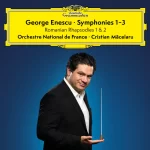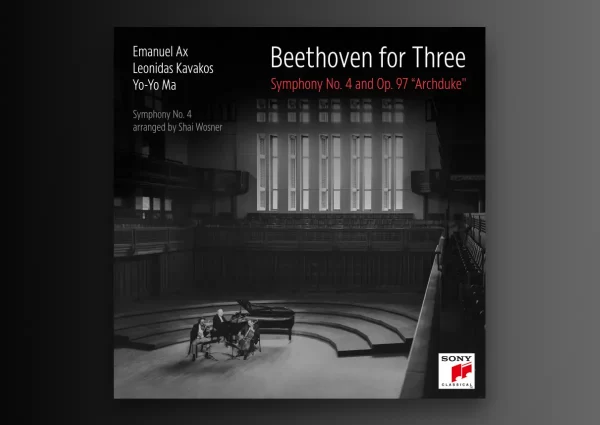For classical music lovers, the quest for the perfect listening experience is an ongoing pursuit. We crave headphones that capture the full complexity of an orchestra, the subtle nuances of a solo performance, and the feeling of being transported to a grand concert hall. Enter the Apple AirPods Max: a pair of high-end headphones that promise a symphony for your ears and a price tag to match.

Apple AirPods Max Wireless Over-Ear Headphones, Active Noise Cancelling, Personalized Spatial Audio, Dolby Atmos, Bluetooth Headphones – Silver on Amazon
Luxury Design, Seamless Connection
From the moment you unbox the AirPods Max, it’s evident you’re holding a premium product. The sleek design and luxurious materials scream quality. The aluminum ear cups, stainless steel headband, and soft memory foam ear cushions exude elegance. These headphones feel like a high-end product, and their weight is evenly distributed for extended listening sessions.
But where these headphones truly shine is in their seamless connection to Apple devices. Gone are the frustrating days of fumbling with Bluetooth; pairing with iPhones, iPads, and Macs is effortless. This makes them a dream for anyone who wants to switch between devices quickly, a common occurrence for music enthusiasts on the go.
Dolby Atmos: A Concert Hall in Your Ears
Classical music is increasingly embracing the world of spatial audio, with more and more albums being added to Apple Music and Apple Classical in Dolby Atmos. The AirPods Max fully support this format, and the results are nothing short of impressive.
Dolby Atmos creates a truly immersive listening experience. It’s like being transported to the concert hall itself, surrounded by the orchestra. Instruments are precisely placed around you, and the subtle movements of the head tracker technology allow you to feel like you’re turning your head at a live performance.
However, it’s important to note that Dolby Atmos can be an adjustment for classical purists. The focus on separation can make the overall sound feel different from a traditional stereo recording. The bass, for example, may be less prominent than you’re used to, reflecting a more natural concert hall experience. This might take some getting accustomed to, but it ultimately offers a more accurate representation of the music.
The potential of Dolby Atmos with classical music extends beyond just orchestral pieces, and is impressive on solo and chamber music as well. Or imagine experiencing opera performances where singers seem to move around the stage, or feeling enveloped by the intricate soundscapes of contemporary classical compositions. The future of immersive classical listening is exciting, and the AirPods Max are well-positioned to take advantage of it.
The Price of Perfection (Almost)
Let’s state the obvious: the AirPods Max are expensive. Compared to other high-end headphones, they carry a premium price tag. However, the exceptional build quality, seamless Apple integration, and cutting-edge Dolby Atmos support all contribute to a truly unique listening experience, and may justify the investment. If you prioritize exceptional sound and comfort, these headphones are worth considering.
For serious classical music lovers who appreciate high-fidelity sound and innovative technology, the AirPods Max represent a significant investment. And for those who value the feeling of being right there in the concert hall, the price tag might just be the cost of a front-row seat.

Apple AirPods Max Wireless Over-Ear Headphones, Active Noise Cancelling, Personalized Spatial Audio, Dolby Atmos, Bluetooth Headphones – Silver on Amazon
Get an Apple Music subscription:

You May Also Like:
Latest Classical Music Posts
- Review: Enescu – Symphonies Nos. 1-3 & 2 Romanian Rhapsodies – Cristian Mǎcelaru

- Review: “Four Hands” – Alexandre Tharaud

- Review: Chopin – Études – Yunchan Lim

- Review: Britten – Violin Concerto, Chamber Works – Isabelle Faust

- Review: “Mozart, You Drive Me Crazy!” – Golda Schultz, Soprano

- Review: Schumann – Complete Symphonies – Dresdner Philharmonie, Janowski

Read more classical music reviews or visit The Classic Review Amazon store
Follow Us and Comment:
Get our periodic classical music newsletter with our recent reviews, news and beginners guides.
We respect your privacy.









